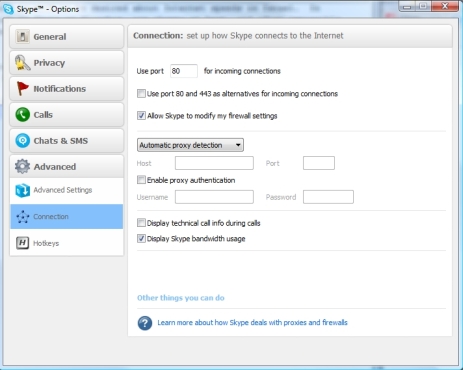While Moshe was receiving the Luchot from Hashem, the Jewish people believed that Moshe was delayed in returning and grew fearful. They turned to Aharon who instructed them to collect jewelry, and before Moshe returns, they had created this golden calf.
This story fits a little too well with the final efforts of a business in turmoil. Things are slowly moving in a direction that indicates future rewards, but our fear causes us to stray off the path. With unclear expectations and deadlines, our fear increases to the point of panic and we believe we’ve reached the point to cut our losses, close up shop, and move on.
The cut-losses point is incredibly difficult to calculate because it requires an expertise of the market with an intimate knowledge of the specific business. Most advice givers have little expertise or knowledge, and rely solely on their own subjective optimist/pessimist nature. This is why many businesses close before they start – the prospective business owner doesn’t take the time or money to acquire the necessary knowledge, and are talked out of it by others or themselves.
Many commentaries struggle to understand Aharon’s behavior after being approached by the people. If he intended to act as recorded, then he is to blame just like everyone else. If he intended to delay the demise of the Jewish people by collecting money, the he acted like the classical business leader. Instead of taking a big loss by closing a business, you can sell some future profits in exchange for money now, and keep the entity alive. Aharon, the man who brought peace between spouses and neighbors, did not want a civil war, and perhaps did whatever he could to keep the people unified, even if it meant committing a misdeed. If he intended to give the people a temporary intermediary between them and G-d until Moshe returned, isn’t it like a business making changes to its system or infrastructure in order to get things on track.
Of course, with the Torah, there are no flaws that need changing, no amount of money can rescue the people, and there will never be a Chapter 11. Even a civil war, lo aleinu, might be needed to give people clarity, or something to fear greater than abandonment by their leader.
Businesses can only try to operate using the guidelines of the Torah, but we can never be sure that what we’re doing here and now is what we’re meant to be doing. So must keep our hearts pure and our minds open, and listen to hear G-d’s messages, whether they are to pour money at the problem, make changes, or cut your losses and move on.
